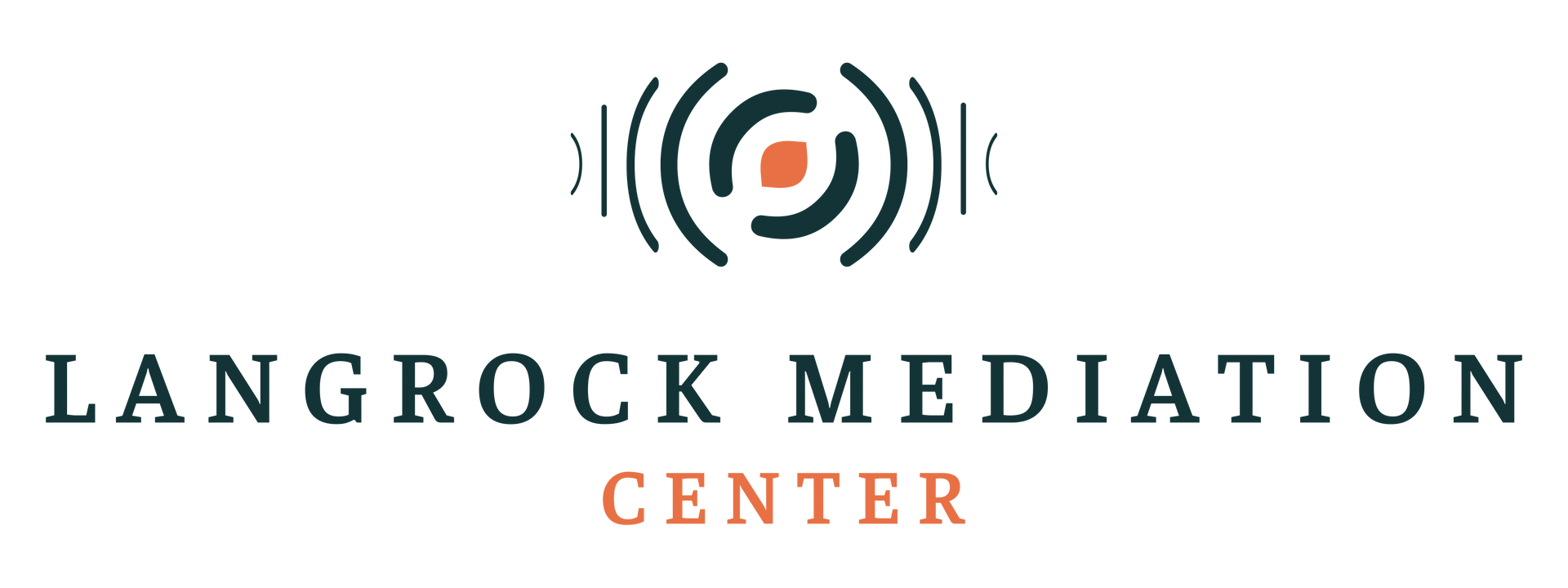Can Mediation Work If We Don’t Agree on Anything?
Overcoming Doubts About Mediation in High-Conflict Situations
One of the most common concerns people have when approaching mediation is this:
“How can mediation possibly work when we can’t agree on anything?”
Whether it’s a tense divorce, a long-running boundary dispute, a business partnership gone sour, or a family disagreement over property, the worry is the same: the situation already feels too contentious, emotional, or entrenched for a neutral process like mediation to make any difference.
The good news?
Mediation doesn’t require you to agree on everything. In fact, it doesn’t even require you to agree on most things.
What it does require is a willingness to try — and the right support along the way. Let’s explore how mediation can still succeed even when the people involved seem miles apart.
Mediation Isn’t About Fixing the Past. It’s About Negotiating the Future
In most conflicts, especially high-conflict ones, people are weighed down by past events — what was said, what was done, what someone failed to do, or how they made you feel. Those wounds can easily overshadow any hope of resolution.
But here’s where mediation is different.
It’s not about revisiting every detail of what went wrong. It’s about focusing on what happens next.
The mediator isn’t there to decide who’s right or wrong — that's what judges do.
Instead, mediators help the participants move from “who caused the problem?” to “what do we want moving forward?”
That shift in focus is often what makes progress possible, even when both sides disagree deeply on everything else.
You Don’t Need to Agree on Everything — You Just Need to Agree on Something
Many successful mediations have happened between people who felt completely at odds. They may not have agreed on the facts, the fairness of the situation, or even how they got there, but they still found a way to agree on a path forward.
That’s because mediation:
- Breaks conflict into manageable pieces. Instead of trying to solve everything at once, the process works issue by issue.
- Helps uncover shared priorities. You may not agree on the past, but you may still agree on avoiding court, saving money, or protecting your privacy.
- Builds agreement step by step. Small agreements often create momentum for larger ones.
Even in emotionally charged cases, parties often discover they can agree on certain things — they just needed space, structure, and support to get there.
Mediation Helps People Be Heard (Which Can Reduce Defensiveness)
In high-conflict situations, people often just want to feel understood. Courts are rarely good at meeting that need…but mediation can be.
The process gives each person uninterrupted time to share their perspective. That doesn’t mean they have to agree, or even like what the other person says. But when people finally feel heard, things often shift. Defensiveness softens. Emotions settle. Solutions become easier to see.
It’s not magic. It’s structure. And the presence of a trained neutral facilitator makes all the difference.
Mediators Are Trained to Handle High-Conflict Situations
A common misconception is that mediators are just “referees” or passive observers.
In reality, skilled mediators are trained in:
- Managing difficult emotions
- Keeping conversations productive
- Untangling complex issues
- Reframing statements to create opportunity instead of hostility
- Balancing power dynamics
- Encouraging empathy and clarity
So even if both sides start off talking past each other — or not talking at all — a mediator can help create the conditions for meaningful dialogue.
When Is Mediation Not a Good Fit?
While mediation has a strong track record even in tense situations, it’s not right for every case. It may not be appropriate where:
- There is ongoing domestic violence or coercion
- One party refuses to participate in good faith
- There is significant impairment affecting one party’s ability to negotiate or understand
A good mediator will screen for these concerns and help you understand your options.
Ready to Try Mediation, Even If You’re Unsure It Will Work?
You don’t need to be in perfect agreement, or even in a good emotional place, to start mediation. You just need to be willing to try a process that puts your future back in your hands…instead of leaving it to a judge.
At Langrock Mediation, we specialize in helping people find clarity, calm, and resolution, even when conversations feel impossible. Whether you're dealing with a personal, family, business, or community conflict, we’re here to help you take the first step toward understanding and closure. Contact us today.



